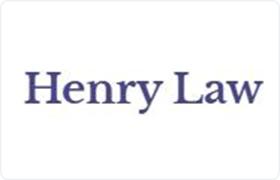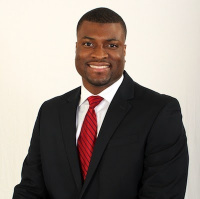Brooklyn White Collar Crime Lawyer, New York
Sponsored Law Firm
-
 x
x

Click For More Info:
-
Henry Law
825 E Gate Blvd Suite 106 Garden City, NY 11530» view mapEmployment, Bankruptcy, Criminal, FMLA, Civil The Difference.
We practice in an array of practice areas, and employ modern technology in helping you achieve your legal objectives.
800-974-2431
Nicholas Gregory Kaizer
✓ VERIFIEDFelony, Federal, White Collar Crime
Nicholas Kaizer is a nationally -recognized expert in criminal defense, who has appeared in numerous courts around the country. He has lectured attorn... (more)
Robert Michael Appleton
✓ VERIFIEDInternational, Criminal, Government, White Collar Crime, RICO Act
Robert M. Appleton is a world renowned and internationally recognized cross border litigation attorney focused on assisting global, foreign and US co... (more)
Alfredo F Mendez
Mental Health, White Collar Crime, Criminal, Business Organization
Status: In Good Standing
FREE CONSULTATION
CONTACTWilson Antonio LaFaurie
White Collar Crime, Felony, DUI-DWI, Criminal
Status: In Good Standing Licensed: 29 Years
FREE CONSULTATION
CONTACTFREE CONSULTATION
CONTACTHarlan J. Protass
Litigation, White Collar Crime, RICO Act, Criminal
Status: In Good Standing Licensed: 28 Years
 Chauncey Henry Garden City, NY
Chauncey Henry Garden City, NY Practice AreasExpertise
Practice AreasExpertise


